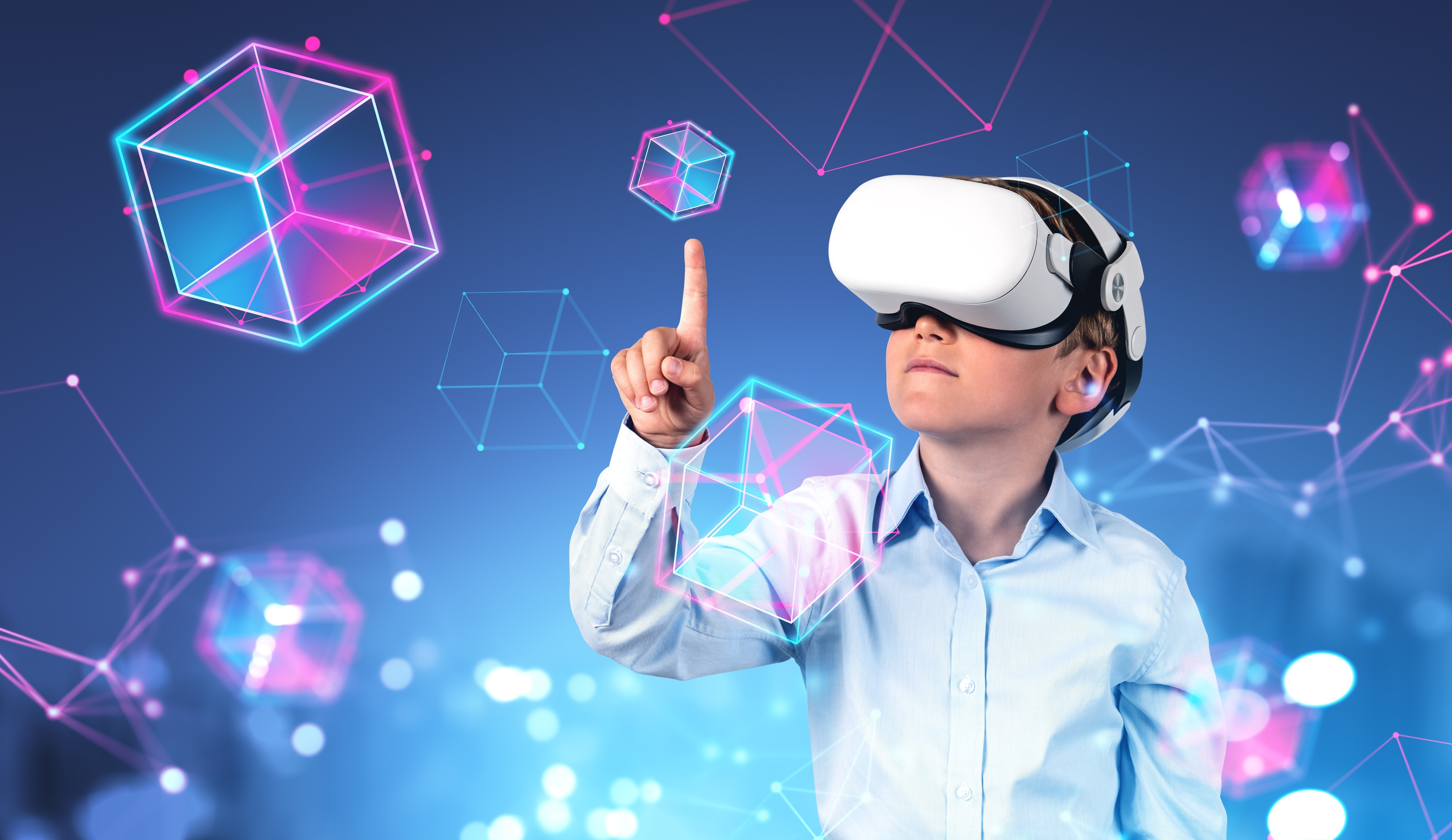Our Class Is Going to Mars!

Virtual and augmented reality are redefining the classroom experience across Russia. From VR chemistry labs to immersive history lessons, these technologies are reshaping how students learn, engage, and imagine the future.
Immersive Learning Takes Off
Digital transformation in Russian education is accelerating, with virtual labs, interactive lessons, and complex simulations becoming part of the daily curriculum. VR and AR technologies are now deployed in pilot schools, offering students immersive environments for deeper learning.
Students can step into ancient Rome, explore the human body from the inside, or even take a virtual trip to Mars—all using headsets like Oculus Quest, Pico, or PlayStation VR. These tools offer a unique sensory learning experience that boosts motivation, comprehension, and retention—particularly in STEM and history subjects.

In the Omsk region, students now take part in a 72-hour course covering 3D modeling, game design, and VR/AR app development. The emphasis is on hands-on learning, with students using projectors, interactive whiteboards, panoramic cameras, and AR/VR goggles.
Other innovative examples include: VR Chemistry Lab (a digital alternative to traditional labs), Varvara (a language-learning tool using VR simulations), and VR-based emergency training where students practice rescue scenarios. Immersive storytelling is also used to teach historical content through projects like 'Victory Train' and 'The Storming of the Reichstag.'
Opportunities and Growing Pains
Lower hardware costs and the rise of mobile headsets and cloud platforms are making VR/AR more accessible in schools. Russian developers are creating localized educational content aligned with national curricula, enhancing subject-specific learning.

Still, the rollout of VR/AR faces obstacles. High equipment costs remain a challenge for many schools. There's also a shortage of high-quality Russian-language VR content and a lack of trained teachers. To address this, national programs like 'Education' are offering teacher training, webinars, and certification initiatives to integrate VR/AR into everyday classroom use.
From Pilot Projects to National Strategy
Government agencies and private tech giants—including Sber, Yandex, and VK—are investing in educational VR/AR platforms as part of Russia’s digital transformation strategy. These technologies are poised to become part of the national education standard (FGOS), setting the stage for wide adoption across the country.
VR/AR is quietly but steadily transforming classrooms. Pilot programs like the one in Omsk offer compelling proof-of-concept for how immersive tech can reshape education. With the right infrastructure, training, and policy support, the future of Russian schools looks virtual, interactive, and highly promising.









































